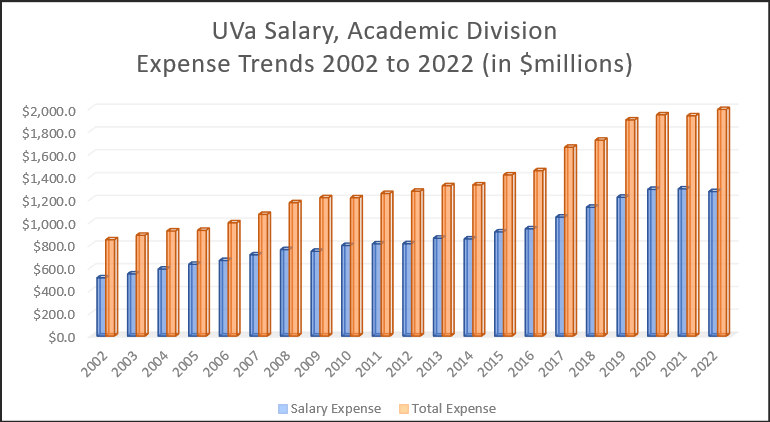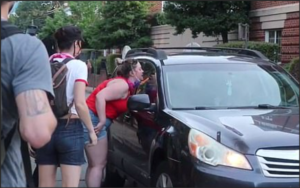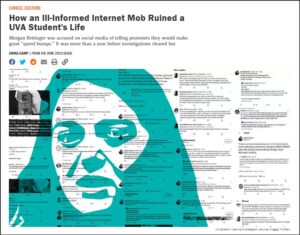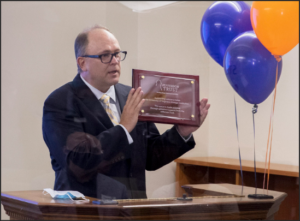
David A. Sauerwein, assistant dean of students, at the 2021 opening of the veterans center. Photo credit: UVA Today
by James A. Bacon
Student veterans at the University of Virginia are up in arms, so to speak, about a decision by the Ryan administration to carve out space from the Veteran Student Center in Newcomb Hall to make room for an assistant dean of students.
“Our Veteran Student Center at UVA has been encroached upon,” states a Change.org petition launched by the UVa chapter of Student Veterans of America. “Over the summer of 2023, our conference room inside the VSC was reallocated as a Dean’s office without our permission or consult.”
The Center opened in 2021 as a place for student veterans and ROTC students to congregate. The petition characterizes the move as a step in the right direction to “address the shortfalls of UVA in comparison to other military friendly schools.” President Jim Ryan participated in the ceremonial opening, saying, “It’s a place that I hope will help remind you that you belong here at UVA.” Continue reading

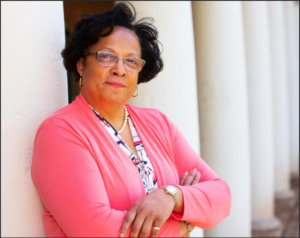
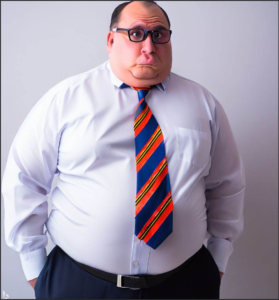 by James A. Bacon
by James A. Bacon